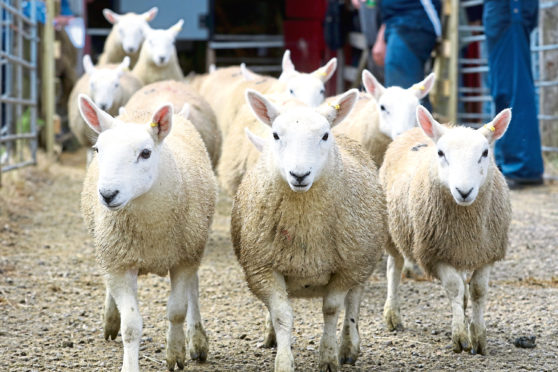In the last few months it has been all quiet on the Brexit front but it exploded back on to our front pages following the publication of the UK Government’s Internal Market Bill.
The Bill has enraged the EU, the Irish government and many Tory MPs.
Unbelievably the Northern Ireland minister confessed to Parliament that the Bill gave ministers the power to break the law by unilaterally changing the Brexit withdrawal treaty which Prime Minister Boris Johnson signed up to only a year ago.
At the time Johnson claimed that it was “a great new deal that takes back control”.
However, Johnson now claims these new powers are necessary to stop the EU using the treaty to slap tariffs and quotas on UK food exports to Northern Ireland if we crash out of the EU with no deal.
Yet when Johnson signed the deal it was crystal clear that he had conceded the Irish border would be down the Irish Sea, much to the fury of the Ulster Unionists.
So what is really going on? Is Johnson that stupid that he did not understand what he was signing up to?
Or has he lobbed this hand grenade in to try to unblock the stalemate in the ongoing trade talks with the EU?
If so it is a high-risk strategy that potentially undermines trust in the UK.
The EU has demanded the powers be dropped but they have stopped short of walking away from talks to try to resolve the dispute.
Speaking to senior UK negotiators in the last couple of weeks it’s clear that, despite significant progress in a number of areas, the trade talks had reached an impasse with each side waiting for the other to blink first.
Fishing and UK rules governing state subsidies to industry are the two main issues still to be resolved.
Barnier still insists that in return for free access to EU markets the UK must continue to follow their rules on state subsidies, environmental and labour standards with no say over how the rules are made.
The UK wants a Canadian-style trade deal where tariffs are abolished but the UK would be free to decide its own rules; otherwise what is the point of leaving?
Johnson has apparently dug in hard over using state subsidies to back UK hi-tech industries of the future.
It seems utterly bizarre that a Tory government would wish to return to the bad old days of politicians trying to pick winners but that appears to be the case.
Margaret Thatcher must be turning in her grave.
If Johnson hoped his move would grab the attention of political leaders around the capitals of Europe grappling with the Covid-19 crisis, then he has partially succeeded.
However, by reneging on the Withdrawal Agreement it may have hardened views that the UK is not serious about reaching an agreement and therefore no deal is inevitable.
For the Irish government however that outcome is a disaster for their farmers and their food industry as they would face a £1.5 billion annual loss.
Behind the scenes they will be using all their political leverage to persuade EU leaders to show flexibility and get a deal back on track.
Scottish farmers paying big prices for store lambs must hope they succeed.
- George Lyon is a former MEP. He is a senior consultant for Hume Brophy and sits on the board of levy body AHDB.
